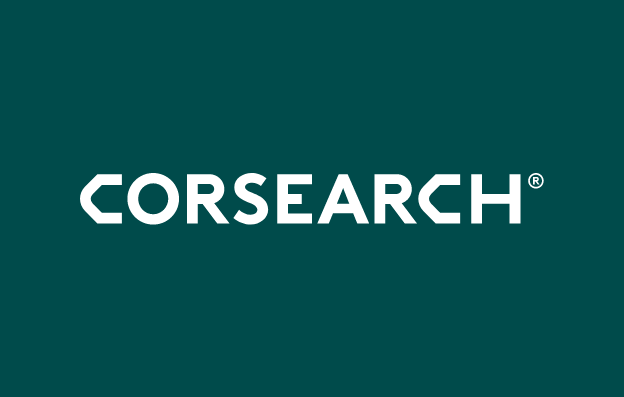Blog
Falsely Authentic: Daigou Sellers Offering Counterfeits
- Brand Protection

With the right information and technology, “genuine” can become meaningless.
Many daigou (buy-on-behalf-of) sellers are providing purchase receipts and authenticity cards to convince Chinese buyers that the products they offer are genuine goods purchased abroad. Many consumers have discovered too late that these products are in fact fake.
Corsearch has identified four ways in which fake receipts and authenticity cards can be generated quickly and cheaply.
Image editors like Photoshop or dedicated websites like customreceipt.com and invoice-generator.com are often used to make official-looking receipts and invoices, as can be seen below.
The sites are totally free and do not require the creation of any account. If follows that once the receipts are printed, it is impossible to trace them back to the creator. The second site also has an option to upload brand logos, which can easily be found online and appropriated by the infringers. The two examples below took less than 5 minutes to generate.
In China, it is not uncommon for receipts to be handwritten or simply printed on a company invoice book. For this type of receipt, counterfeit sellers only need to fill in the relevant information, e.g. item description, quantity, price and serial number, on an invoice book and they can then use this as a “proof of purchase”.

Counterfeiters can also produce printed receipts with a receipt printer. Corsearch identified a seller on Taobao, who specialized in selling commercial receipt printers. With the right software, files and only ¥89 RMB (£9.09), counterfeit sellers can purchase a commercial receipt printer and use it to print official point of sale receipts. The below pictures represent a few receipt format files that come with the purchase of the receipt printers. The list includes formats for brands such as Chanel, L’Occitane, UGG and many others.

Of course, counterfeiters may also simply purchase the receipt without even buying any item. Hence the receipt can be scanned, digitally edited and mass produced to accompany the sale of a variety of counterfeit goods.

The same concepts apply to fake authenticity cards. Counterfeiters examine the real ones in detail and produce identical copies. Most of the authenticity cards, anti-counterfeit stickers and scratch cards on the product packaging can be easily duplicated. Counterfeiters only need to get hold of a couple as samples and can then re-create as many as they need.
Consumers should be wary of what they see online: even if the card in the advert is authentic, the same is not guaranteed for the one they may eventually receive with the purchase.
Certificates of authenticity have become obsolete in this modern age where counterfeiters are equipped with the same technology used to design the originals.
The brand owners that Corsearch works with are rightly cultivating and expanding their own online presence and official online stores – this is undoubtedly the best way to navigate consumer purchasing habits and helps to tackle not just the counterfeit goods made available online, but also the providers of counterfeiting tools.





